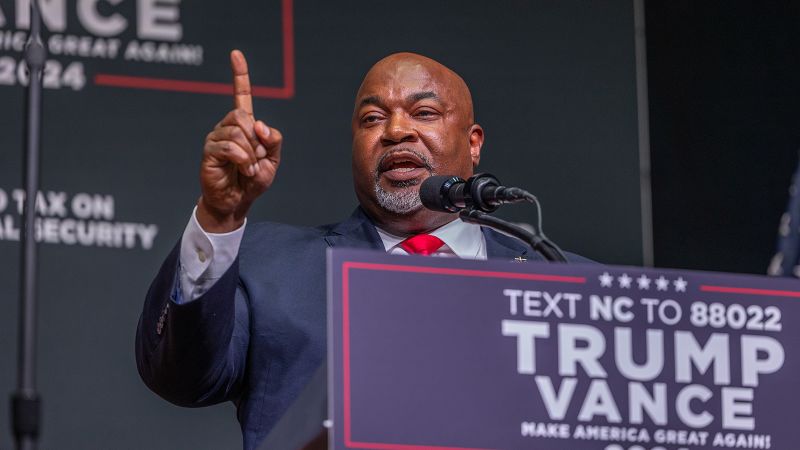In North Carolina, the 2020 election is shaping up to be a close and pivotal one. Four years ago, the state narrowly went to Donald Trump at the presidential level, while reelecting Democratic Governor Roy Cooper. This year, both Trump and Kamala Harris are campaigning hard in the state, with the race for governor leaning towards the Democratic candidate Josh Stein. Stein and his allies have flooded the airwaves with ads highlighting his opponent Mark Robinson’s past remarks on abortion and a troubled day care center, with recent polls showing Stein pulling ahead by double digits.
Despite the early polling leads for Democrats, North Carolina remains a purple state historically known for close races. Both parties are aware that early polling numbers can shift as the election approaches in November. Republicans believe that their core support will stabilize closer to the election and that conservative voters will ultimately choose a Republican candidate over a Democrat. Both parties acknowledge that in North Carolina’s history, elections have been decided by razor-thin margins, and this year may be no different.
In the past, North Carolina voters have shown a tendency to split their tickets, favoring Democratic presidential candidates only twice in the past 50 years but electing mostly Democratic governors. The state also saw a controversial election in 2016, where Trump won by a small margin while Republican Governor Pat McCrory lost due to backlash against legislation he signed regarding transgender bathroom use. This year, Quinnipiac and Fox News polls show Stein leading Robinson, with Stein having a significant advantage among women and winning support from Democrats, independents, and some Republicans.
The governor’s race in North Carolina has become a contrast in styles and biographies between the two candidates. Stein, an Ivy League-educated attorney general, has focused on his record of clearing a backlog of untested rape kits and prioritizing public safety. Robinson, a working-class candidate who speaks of his experiences growing up in poverty, has been praised for connecting with a diverse base of supporters. Both candidates have centered their campaigns on the economy and education but have differing views on social and cultural issues.
Robinson’s history of controversial remarks has come under scrutiny, with Democrats highlighting his past comments on LGBTQ issues, abortion, and education policy. Robinson has embraced support from Trump and focused on his economic policies, seeking to appeal to a wide range of voters. Some voters are willing to overlook Robinson’s contentious remarks, viewing him as a candidate who can address economic concerns and bridge divides. Others see Stein as the more stable and experienced choice for governor, emphasizing the importance of policy over personality in their decision-making.
As the election in North Carolina approaches, both candidates are ramping up their campaign efforts, with a focus on winning over undecided voters and solidifying their base of support. While the outcome remains uncertain, the state’s history of close races and ticket-splitting suggest that the governor’s race, as well as the presidential race, will be closely contested. Voters will ultimately have to weigh the candidates’ records, policies, and approaches to governance in making their decision at the ballot box.


